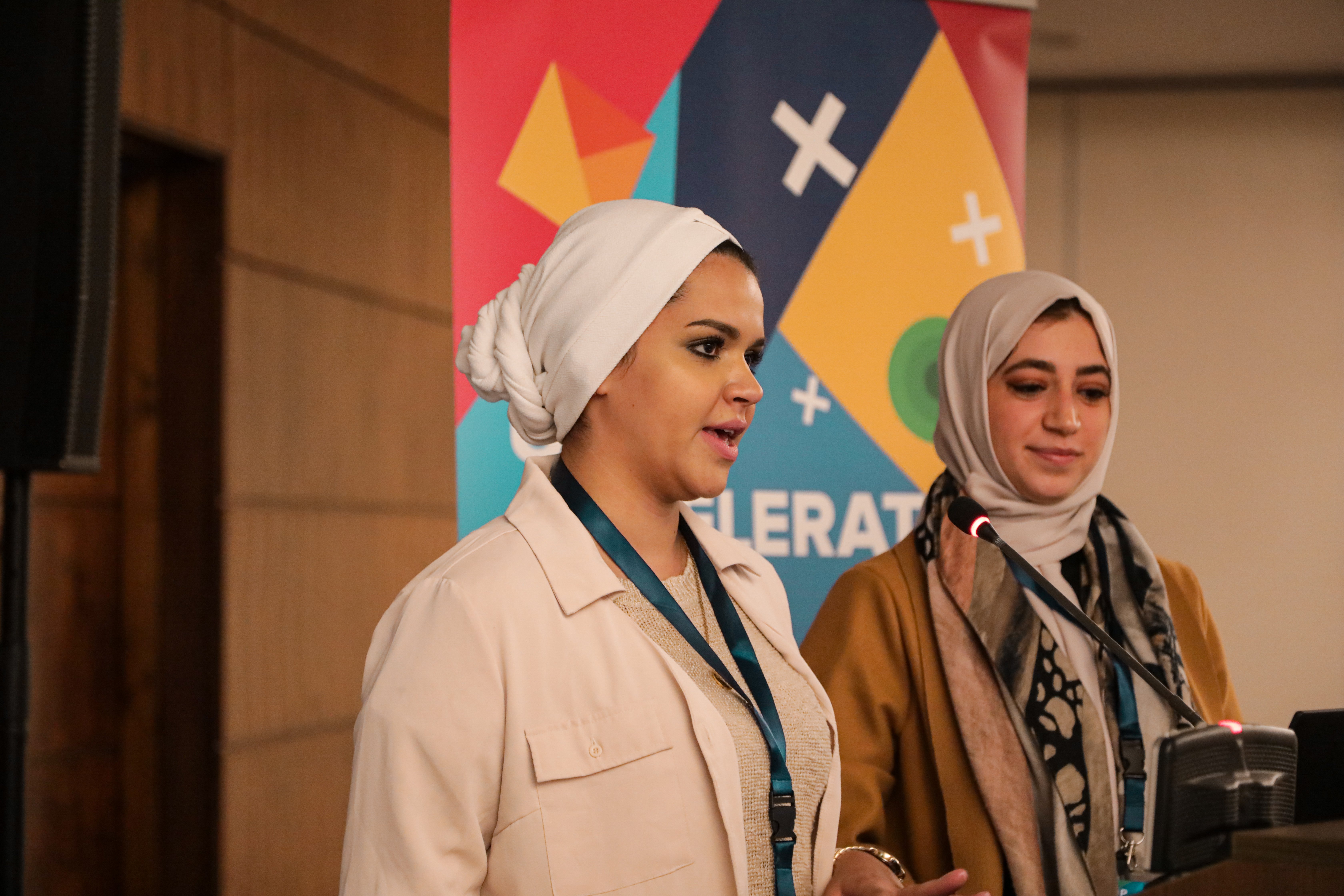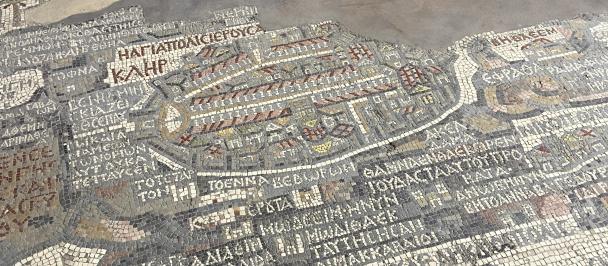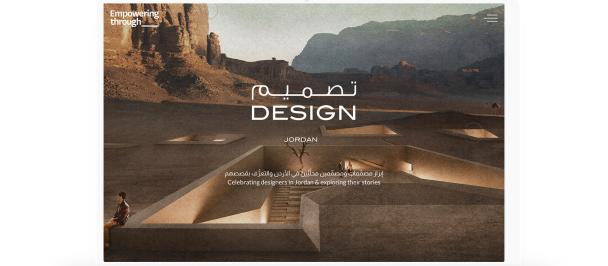by Farah Sinokrot, Programme Assistant, UNDP Accelerator Lab Jordan and Ola Farawati, Communications Team
Winners of design competition
Amman- New problems require new solutions, and that is the premise that Jordan’s newcomer to the innovation scene is built on. The Accelerator Lab, an international UNDP initiative, has just opened in Jordan to look into solving problems specifically related to new issues resulting from global natural, economic and political events affecting Jordan.
With collaboration as the main foundation, The Lab is working with national partners to solve problems that require deep and wide-spectrum alliances to achieve broad and profound results.
“The thinking behind the Accelerator Lab lies deep in UNDP’s aspiration to disrupt the way we think, deliver, invest and manage our times and resources as a means for faster, better and at scale performance,” UNDP Resident Representative Sara Ferrer Olivella said.
She added that UNDP acknowledges that the challenges that we are facing today do not just require new solutions, but they also require new strategies for understanding these challenges as they unfold and new approaches to identifying citizen-centric solutions.
"The real-world problems of today that are standing in the way of real development are no longer simple; they are complex, interconnected and forever changing. What is needed therefore is to address, not just the problem in front of us, but the broader environment that led to this problem,” Ferrer Olivella noted.
The Lab’s frontier challenge targeted global warming and its effects in Jordan by exploring consumer behaviour and proposing changes at the grassroot level. It aims to provide people with both information and tools that will, in turn, help them understand their energy consumption and consequently reduce it.
The UNDP Accelerator Lab is, therefore, a new “service offering” that works with people, government and the private sector to re-imagine development by building long-standing partnerships with people and entities to explore, experiment and grow portfolios of solutions to tackle complex challenges from multiple angles.
The Lab is built on the premise that answers to the problems we are facing today are out there, and UNDP will be working to identify local solutions that have a potential to accelerator development by tapping into people’s ingenuity beyond Amman and across Jordan as a whole.
First engagement
As a first trial, UNDP’s Accelerator Lab Jordan launched a competition for students in universities to redesign the electricity bill. The Lab recognized that if done correctly, information design can modify people’s behaviour as everyone is concerned about the amount of energy consumed, yet not everyone values watts and kilowatts or fully gets the overcrowded numbers on the current electricity bills. The Lab values the end-user benefit: light, airconditioning, heating, etc. Therefore, it sought a new design to the current electricity bill to encourage behaviour change.
The Lab received entries from design students and fresh graduates across the kingdom. The entries were innovative and original.
Majd Qasem and Mais Bitar, two architecture graduates from the Jordan University for Science and Technology studied the Jordan’s electricity bill, received by Jordanians. They observed cluttered numbers and ambiguous figures and decided to make them intelligible. Their design won first place in the voting competition the lab ran on Facebook.
“I am happy that I could put my design and analytical thinking skills to work,” Qasem said. “I believe design can help in the development and that is why I took part in this competition,” she added.
Loreen Samawi, an Architecture and Design student at the German Jordanian University, also won first place. She applied the skills she earned at university to aesthetically design the bill to help people understand their electricity bill and reduce consumption.
The Lab has an ultimate goal to use these designs as design research tools to generate more data from the community or in experiments to test what options work and what don't in terms of behaviour change. The tools or experiments could be in a form of reports that provide customers with normative comparisons of their current energy use compared to their neighbours and suggest actions that they can take to reduce their electric use.
It is assumed that if households learn they use more energy than their neighbours, they will be motivated to reduce energy use and possibly do more than their neighbours. Other ways could be showing them an estimate of their next month’s bill, based on historical patterns, so they can plan. It could also be done by adding easy to understand graphics such as that of an energy-efficiency chart that allows a user to judge a rating immediately, or as simple as using smiley faces that represent positive or negative levels of consumption.
Accelerator Lab Jordan will put this theory to the test with an experimental design across Amman. The Lab will continue exploring frontier challenges within the environment domain as well as across the different portfolios such as addressing inequalities in gender, environment, livelihoods, and governance.

 Locations
Locations

